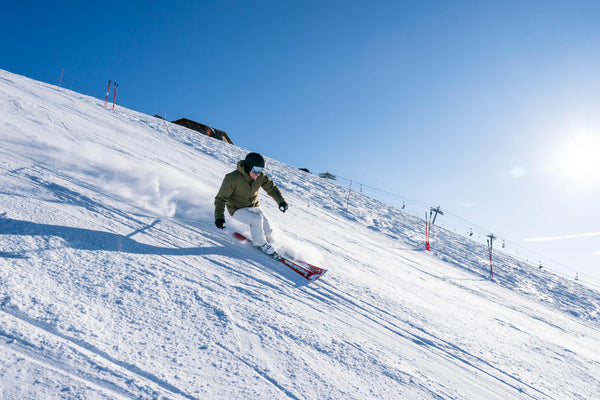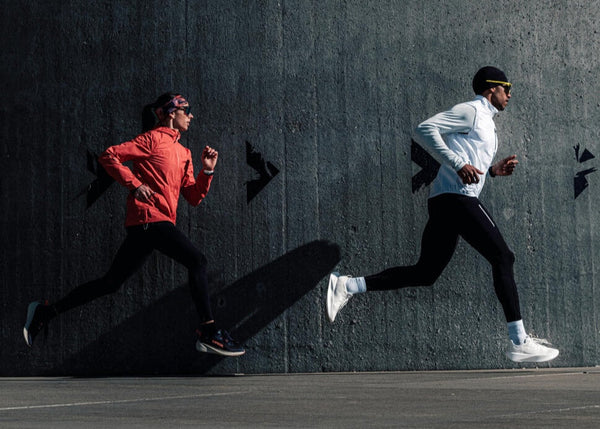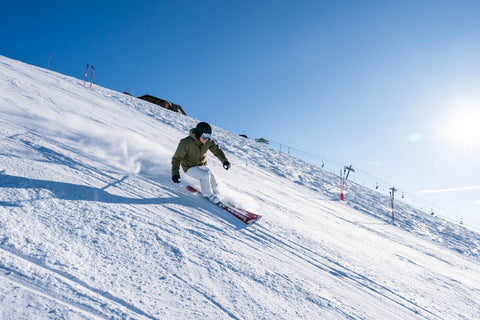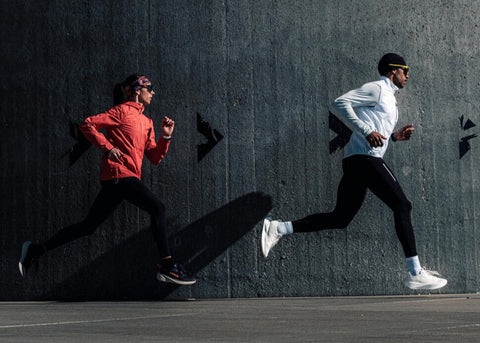
Sleep Better, Run Faster
Share
Everybody knows how important sleep is. Whether you lead an active lifestyle or not, good-quality sleep is essential. It’s important to find the right balance for your needs and, most of all, to avoid skimping on sleep on a regular basis.
For runners, sleep is the ideal time to restore glycogen stores, repair any tissue that may have been damaged during training and eliminate built-up mental fatigue. As Yann Le Meur, a researcher in exercise physiology, puts it: “At night, we observe significant activity in muscles, tendons, and bones. That’s why sleep is particularly important during periods of intensive training. The more you run, the more you need the nighttime recovery phase.”
High-quality Sleep Can Prevent Injuries
A number of recent studies have proven the importance of sleep in preventing injuries and mild infections in trained athletes.
A number of recent studies have proven the importance of sleep in preventing injuries and mild infections in trained athletes.
Key findings include:
- Inadequate sleep is the number one factor increasing the likelihood of injury.
- Athletes who sleep less than 8 hours on average injure themselves 1.7 times more often than those who sleep 8+ hours.
- During periods of intensive training, trained athletes who don’t get enough sleep are four times more likely to get sick than those who sleep well.
Tips for Getting a Good Night’s Sleep
Did you know high-intensity workouts can dramatically increase the time it takes you to fall asleep? Avoid interval training past mid-afternoon, and adjust your diet for optimal results. A few more tips:
- Eat dinner early (so you have time to digest before bed).
- Avoid high-calorie dinners to give your digestive system a break.
- Limit your caffeine intake after 2pm and reduce your overall alcohol consumption.
- Keep your bedroom cool at night and maintain a screen-free sleep environment (Bye-bye TV, computer and phone!).
Finally, don't hesitate to nap. Short naps (around twenty minutes) are great for boosting cognitive performance during the second half of the day. Naps taken after lunch can also enhance late-afternoon workout sessions. A well-rested body always performs better!















